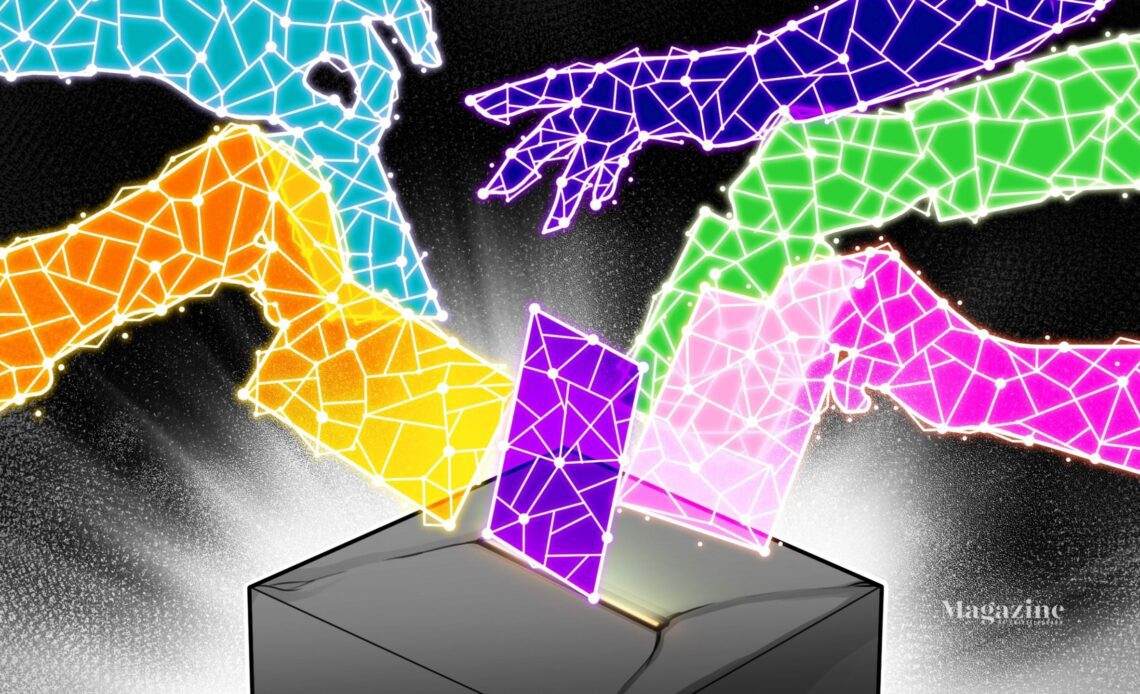In a world increasingly anxious about privacy and exploitation of one’s personal data by governments, corporations, social media platforms and banks, zero-knowledge proofs may offer some relief.
Indeed, this emerging cryptographic protocol could partially remedy two rapidly growing global deficits: privacy and truth.
ZK-proofs have already found a home within the cryptocurrency and blockchain sector — enabling scaling protocols to make Ethereum transactions faster and cheaper, for example. But this may just be the beginning.
One day, ZK-proofs could help convince your bank that your income is above a certain threshold — to qualify for a mortgage, for example — without revealing your actual income. Or prove to the election authorities that you are a resident or citizen without giving them your name, driver’s license or passport.
ZK-proofs open up a new world of potential applications, including “anonymous voting, decentralized games, proving personal information without fully disclosing your personal information, and fighting against fake news by proving the source of the news,” Polygon co-founder Jordi Baylina tells Magazine.
To this point, some in the cryptographic community already view ZK-proofs as a potential weapon in the looming struggle against false information, including AI-altered documents, images and identities.
“We may have a technological battle for truth coming up where ZK can play a critical part,” prize-winning cryptographer Jens Groth tells Magazine. “There is this idea of proof-carrying data,” i.e., data that carries within itself proofs of correctness including origin and provenance data, “so nirvana would be that all data we get are verified data.”
In some industry sectors like finance, ZK-proofs may profoundly alter how business is conducted. “We see this revolutionizing the audit industry,” Proven co-founder and CEO Rich Dewey tells Magazine in connection with ZK-enabled proof-of-solvency protocols, like the one his tech firm has developed. “The only question is the timeline.”
Requiring fewer resources
Even though ZK-proofs were first presented back in the 1980s by researchers Shafi Goldwasser, Silvio Micali and Charles Rackoff, only in the past decade have they had their “big breakthrough,” according to Baylina.
“Now it’s possible to prove any generic statement.” This statement — sometimes called a circuit — “can be programmed…
Click Here to Read the Full Original Article at Cointelegraph.com News…
























